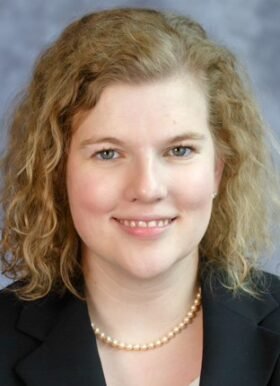THE EXECUTIVE COMMITTEE
Samuel R. Atcherson, Ph.D., CCC-A, FNAP
President
Dr. Atcherson is a nationally-recognized leader, scholar, mentor, and educator in the field of audiology and related health professions. He is a professor in the Department of Audiology and Speech-Language Pathology, College of Health Professions and holds a secondary appointment as professor in the Department of Otolaryngology – Head & Neck Surgery, College of Medicine. He earned his bachelor’s and master’s degrees from the University of Georgia and his Ph.D. form the University of Memphis. Dr. Atcherson has hearing loss from childhood (large vestibular aqueduct syndrome) and is a cochlear implant user.
As a person with lifelong hearing loss from childhood, Dr. Atcherson’s areas of interest and expertise include broad strokes across 1) audiologic rehabilitation, 2) auditory electrophysiology, and 3) health literacy and health disparities. In the area of audiologic rehabilitation, Dr. Atcherson uses a combination of approaches to mitigate the negative effects of hearing disorders. His current projects involve transparent face masks and amplified stethoscopes, one of which is currently funded by the National Institutes of Health. In the area of auditory electrophysiology, Dr. Atcherson focuses mostly on clinically available evoked potential systems and their use in individuals with and without hearing, auditory processing, and balance disorders. In the area of health literacy and health disparity, Dr. Atcherson has long been involved in research on the readability and accessibility of health materials. More recently, research has expanded to combine health literacy with health disparities research in people with disabilities. Communication is a basic human right, and so is access to quality health care. These areas are multidisciplinary in nature involving collaborators in audiology and deaf studies, speech-language pathology, dental hygiene, and mobility and orientation for the blind and visually-impaired. Recently, Dr. Atcherson and some of his collaborators have been exploring the use of AI for addressing health literacy issues and other applications.
To date, Dr. Atcherson has published over 60 peer-reviewed articles, over 50 non-refereed articles, 5 books, 25 invited book chapters, and a Letter to the Editor (in the coveted Science journal). He has given, or contributed to, over 270 presentations, posters, and panels (including 6 keynote and plenary presentations) and has been awarded over $477,000 in grant funding for both intramural and extramural projects. Dr. Atcherson is a Distinguished Scholar Fellow of the National Academies of Practice (FNAP).
James Huang, MD
Vice President
Dr. Huang is a board-certified family medicine physician, currently practicing in Washington DC. As a child of deaf parents, he witnessed firsthand the communication challenges and opportunities within healthcare of working with deaf patients. He works at Unity Health Care, where he started the CODA Clinic – Comprehensive Medical Care for Deaf Adults and Children with the goal of providing high quality medical services to the deaf community and their family members.
He obtained dual degrees in biology and history at Villanova University. Before completing his medical degree from the Larner College of Medicine at the University of Vermont, he volunteered with AmeriCorps in Los Angeles. After medical school, he trained at Montefiore Medical Center in the Family and Social Medicine Residency program, as well as served as chief resident.
His professional passions include immigrant health, LGBTQIA+ healthcare, healthcare for the homeless, teaching medical students and residents, and nutrition and health. He lives with his husband, son, and dog, Heathrow. During his spare time, he enjoys outdoor activities, including running, cycling, and hiking. He has bilateral hearing loss and uses hearing aids.
Jessica Williams, MD
Secretary
Dr. Jessica Williams is a Psychiatry Resident at Barnes-Jewish Hospital affiliated with Washington University in St. Louis. She previously graduated from WashU BA '17 where she designed her Special Major in Speech, Language, and Hearing Sciences. She then returned to her home state to attend the University of Florida College of Medicine (MD '21). She first discovered AMPHL in 2019, and in Baltimore, discovered her passion for addressing the Deaf mental health care gap. Thereafter, she took several Gallaudet ASL Online courses concurrently with her final year of medical school and residency application process.
Currently, in her residency, she was awarded a grant through the Resident and Fellows' Diversity Initiative with which she will design and implement education in Deaf/HoH mental health for medical students and residents. Additionally, she is pursuing the Leadership, Education, and Administration Pathway in which she will dedicate significant portions of her PGY 2-4 years to expanding the current Deaf/HoH mental health infrastructure in St. Louis and beyond. Her future practice goal is to establish telepsychiatry access in multiple states for people of all hearing loss identities.
Jaime Wilson, Ph.D., ABN, ABPP, MSCP
Treasurer
Dr. Jaime Wilson is a prescribing medical psychologist and board-certified neuropsychologist, practicing full-time both within and beyond Washington State. He holds privileges at several hospitals and collaborates extensively with physicians, healthcare providers, and forensic experts, providing neuropsychological evaluations nationwide. Neuropsychology is a field dedicated to understanding and diagnosing conditions related to the brain and nervous system.
As a Past President of AMPHL, Dr. Wilson also contributes his expertise to the Diversity Council for the Society of Prescribing Psychology and serves as Chair of the Diversity Committee for the American Board of Professional Neuropsychology.
Dr. Wilson has also written a book, Preserving the Etchings of the Mind, which explores the intricate relationship between dementia and hearing loss. In it, he provides insights on protecting against dementia while enhancing the quality of life during the golden years. This work offers a unique perspective on dementia through the lens of hearing loss. You can find the book at https://bit.ly/3XAJwAI
Born with a profound hearing loss, Dr. Wilson grew up using bilateral hearing aids and primarily communicated using spoken language, although he is also fluent in American Sign Language. He resides in Olympia, WA, with his wife, a registered nurse who is also deaf, their three children, and a King Charles Spaniel named Pepper Jack. To learn more about Dr. Wilson, click here: www.WilsonClinical.com
Shazia Siddiqi, MD, MPH
Immediate Past President
Dr. Siddiqi is a Deaf Staff Scientist at the Department of Obstetrics and Gynecology at the University of Rochester Medical Center in Rochester, NY. Dr. Siddiqi earned a Bachelor’s in Molecular and Cell Biology from UC Berkeley, a Master’s in Public Health from Dartmouth College, and a Doctor of Medicine degree from St. George’s University School of Medicine.
She has done research in breast cancer at Lawrence Berkeley National Laboratory, worked as a community health educator/outreach specialist in the Teen Pregnancy Prevention Program at Greater Los Angeles Agency of Deafness, and taught Medical Terminology at Gallaudet University. Before coming to Rochester, Dr. Siddiqi was the Executive Director of DAWN (formerly known as Deaf Abused Women's Network) which provided advocacy services for survivors of domestic violence, sexual violence, and stalking in the greater metropolitan area of Washington, DC.
Dr. Siddiqi has long worked closely with historically excluded populations, exploring how social determinants affect health outcomes aiming at Deaf health equity, disability justice, and reproductive justice. Her goals are to ensure that Deaf people who have historically been excluded from research data are now forefront and visible in research and apply these research findings to effect policy change at local, state, national, and international levels.
Her professional interests include global Deaf health, health disparities, preventive medicine, gender-based violence, trauma-informed care, and maternal and child health. Dr. Siddiqi enjoys working with historically excluded populations to gain opportunities and access to further their scientific and health career goals as well as learn more about their own intersectionalities that frame their lived experiences.





